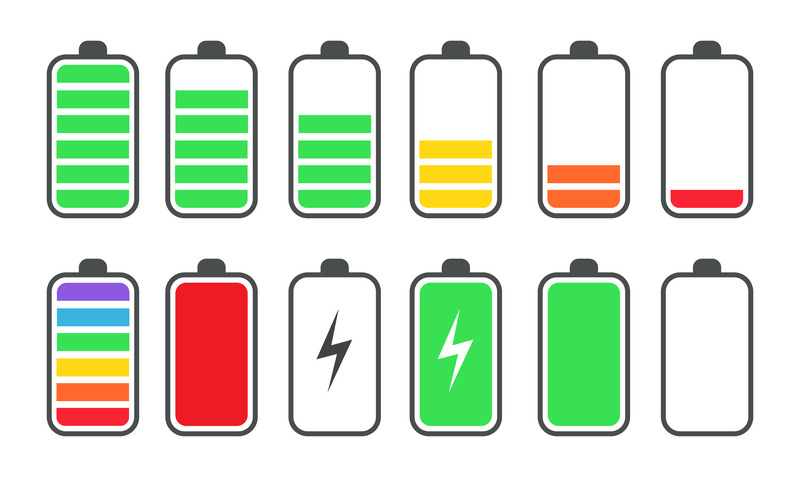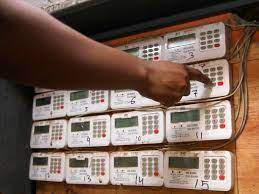Scientists develop Sodium-Ion battery that charges to 80 per cent in six minutes

This innovation offers a promising alternative to lithium-based batteries, leveraging the abundance and low cost of sodium to address critical challenges in clean energy technologies.
In a major stride toward sustainable and affordable energy storage, scientists at the Jawaharlal Nehru Centre for Advanced Scientific Research (JNCASR) in Bengaluru, India, have developed a groundbreaking sodium-ion battery that can charge up to 80 per cent capacity in six minutes.
This innovation offers a promising alternative to lithium-based batteries, leveraging the abundance and low cost of sodium to address critical challenges in clean energy technologies.
More To Read
- Is it safe to keep your laptop plugged in all the time?
- COP30: Leaders endorse pledge to quadruple clean fuel use by 2035
- Africa’s energy mix brightens: Renewables, clean cooking access set to rise by 2035
- Marsabit launches Desert Stars Hub to drive innovation, climate resilience
- Brazil: Guterres calls for ‘fair, fast and final’ shift to clean energy
- Apple to unveil next-generation devices powered by new M5 chip
How does it work
The research team, which was led by Professor Premkumar Senguttuvan and researcher Biplab Patra, made the battery better by changing the part called the anode.
They made their pieces super tiny, put a thin layer of carbon around them, and added a bit of aluminium.
Making the pieces small helps the battery charge faster because the energy can move more quickly. The carbon layer now helps electricity flow better and protects the battery, so it lasts longer. The aluminium helps the battery work more smoothly.
All these changes mean the battery can charge fast and keep working well for a long time.
These enhancements enabled faster ion transport and improved electrical conductivity, resulting in rapid charging speeds without sacrificing battery life.
Impressively, the battery maintains over 80 per cent capacity even after 3,000 charge cycles, indicating excellent durability.
Sodium ion battery, not Lithium-ion battery
Sodium-ion batteries have attracted attention as a sustainable solution because sodium is widely available and significantly cheaper than lithium, whose supply is limited and concentrated in a few countries.
By focusing on sodium, this technology could reduce reliance on imported materials and lower production costs, making energy storage more accessible, especially for applications like electric vehicles, solar power systems, and rural electrification projects.
Researchers are now working to scale up the technology and collaborate with industry partners to bring this fast-charging sodium-ion battery to commercial markets in the near future.
Top Stories Today












































